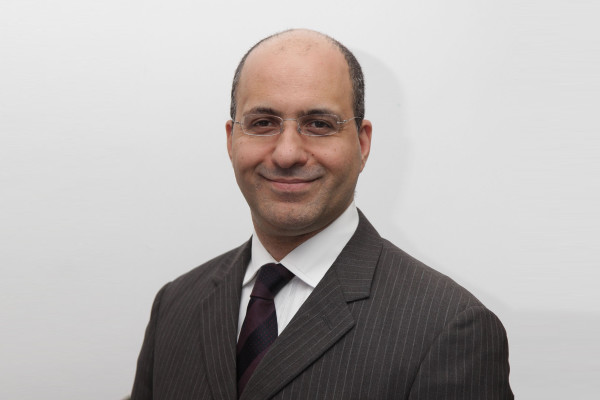
VMware has recently announced the result of their latest research which aimed at debunking the ‘millennial myth’ and reveal how employees across the organisation, of all ages, can have significant influence to drive digital transformation within their businesses.
The study of 5,700 employees across Europe, Middle East and Africa (EMEA) found that, far from being confined to the ‘millennial’ or ‘Generation Z’ demographics, digital skills are a priority for all employees in the UAE – impacting them and the broader business. 68 percent of surveyed employees think that the widespread use of digital skills can improve competitive edge, while 63 percent believe it enables greater collaboration between colleagues and 69 percent think the widespread use of digital skills will increase revenue/profitability for the business over the next five years.
Furthermore, 65 percent of employees in the region said they are willing to use their own time to learn new digital skills and ways of working that will drive productivity in the business. Moreover, across EMEA, older generations of the workforce are actively pursuing more technical digital skills, with 41 percent of 45-54 year olds seeking advice or training on designing and building mobile applications, and a third 33 percent of 55 year olds and over doing the same for coding and creating online content.
However, despite this recognition by employees, only 53 percent of today’s UAE workforce believe they are able to fully use their digital skills within their organisations. Barriers to realising employees’ full digital skills include reasons such as lack of adequate support from IT, lack of budget, ‘digital’ not being integrated into personal objectives, and company policies being too restrictive.
The study also identified that the alignment between IT and senior management is key in driving change towards a more digitally-led organisation. The IT department was ranked first for being responsible for driving this change (with 34 percent of UAE respondents seeing it as responsible), compared to the MD/CEO (28 percent), the Board (14 percent) and heads of other individual departments (12 percent). Yet to affect change within the organisation, many employees believe senior management needs to take a more active role, with only half (52 percent) saying senior management encourages the use of new ways of working in the organisation.
“Successful digital transformation in today’s business world is shaped by culture, people and capabilities,” comments Sam Tayan, Regional Director, MENA, VMware. “Enterprises are rightly investing heavily in ‘digital’ talent as they look to harness the key skills and capabilities that can help organisations evolve to innovate faster and fully engage customers – both of which impact an organisation’s bottom line. We’re committed to working with all organisations to help them better understand the ‘art of the possible’ with regards to truly transforming for the digital age without compromising security and operations. Only then will businesses be able to fully utilise their talent, of all ages, and realise their potential.”





